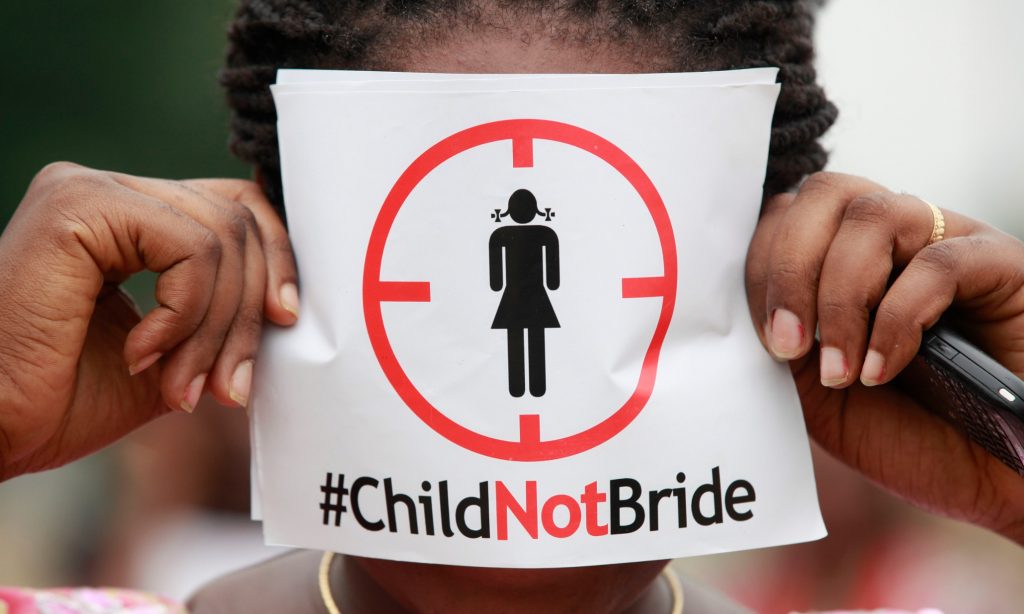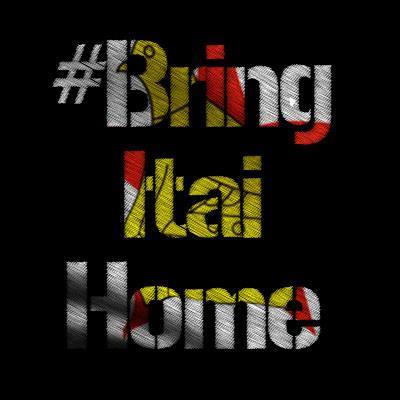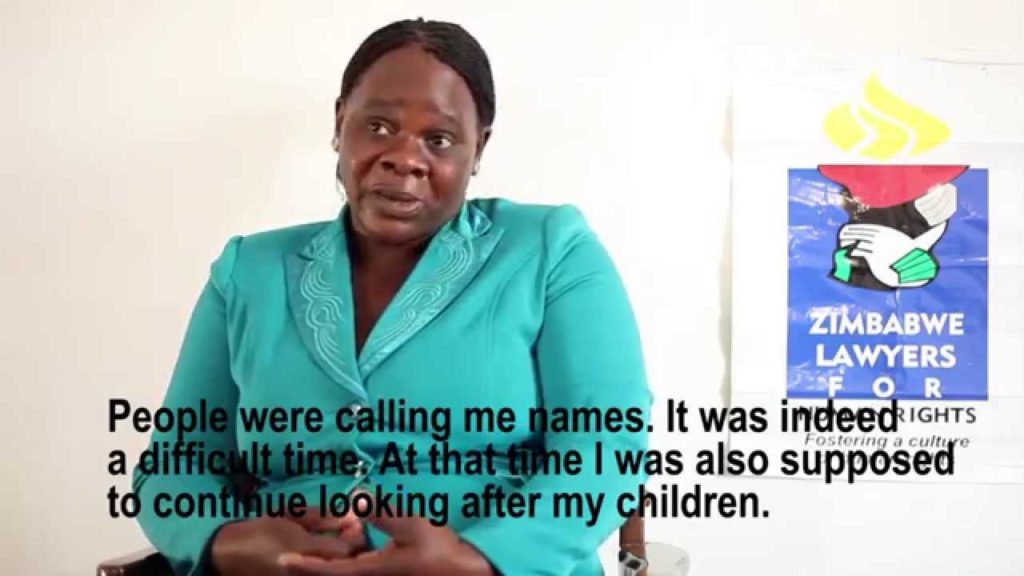
On Wednesday, Zimbabwe’s Constitutional Court banned child marriages, outlawing the marriage of children below the age of 18. In November 2014, Loveness Mudzuru and Ruvimbo Tsopodzi filed a suit in Zimbabwe in which they charged that the situation of “child brides” violated girls’ constitutional rights. They named Justice Minister Emmerson Mnangagwa, Ministry of Women’s Affairs, Gender and Community and the Attorney General’s Office as respondents responsible for implementation of the Customary Marriages Act, which allows for girls to be married at 16.
Age prohibitions are like speed limits. There’s the letter of the law and then there’s the car on the road. Ruvimbo Tsopodzi was married off at 15: “I’ve faced so many challenges. My husband beat me. I wanted to stay in school but he refused. It was very, very terrible. I want to take this action to make a difference. There are a lot of children getting married.” Tsopodzi is the mother of one child.
Loveness Mudzuru was married off at 16. By the time she was 18, she had given birth to two children: “Young girls who marry early and often in poor families are then forced to produce young children in a sea of poverty and the cycle begins again. My life is really tough. Raising a child when you are a child yourself is hard. I should be going to school.”
The Constitutional Court decision has been described as revolutionary. Tendai Biti, who represented Mudzuru and Tsopodzi, said, “It’s an amazing judgment. The court has passed a revolutionary judgment for women, girls and children. The court should be congratulated for that,” said Biti, who is also opposition PDP leader. I am very pleased to be part of this great history. Parliament should have done this 36 years ago. It has taken a bold decision by a bold court. Marriages before 18 years are no longer possible. This is a revolutionary ruling since the birth of the Constitutional Court in 2013.”
The Zimbabwe Lawyers for Human Rights, ZLRH, agreed and cautioned, “Although the ruling is a victory and the fact that the primitive practice of child marriages has been recognised and outlawed, ZLHR feels that a lot needs to be done in implementing it and educating Zimbabweans about the legal position so that everyone is aware of this position.”
Veritas, a local NGO who, along with Real Open Opportunities for Transformation Support, ROOTS, initiated the Child Marriage case, commented, “The Constitutional Court this morning delivered its long-awaited ruling on child marriage. The application to outlaw child marriage succeeded. This is a great day for gender equality, women’s rights and children’s rights and the fight against poverty … This progressive decision is a mark that the Zimbabwe Constitutional Court is building up a body of constitutional jurisprudence which will also be quoted in other jurisdictions and should assist the Africa-wide campaign against child marriage. Congratulations to the lawyer Tendai Biti who argued the case extremely well before the Bench of the Constitutional Court on January 14th 2015. Well done to the applicants Loveness Mudzuru and Ruvimbo Tsopodzi for having the courage to describe their experiences of child marriage in affidavits for the court.”
Well done, indeed! As Zimbabwean women’s organizations know, more than courage is needed. Action is needed. This court case is only one part of the campaign for women’s equality and emancipation, in Zimbabwe and beyond. In the same month that Loveness Mudzuru and Ruvimbo Tsopodzi filed their suit, the young women’s movement Katswe Sistahood began a parallel campaign, “Give us books, not husbands.” They’re still organizing; that struggle continues. Girls, not brides. Books, not husbands. They should be going to school. Another world is necessary.
(Photo Credit: Oyibos)



